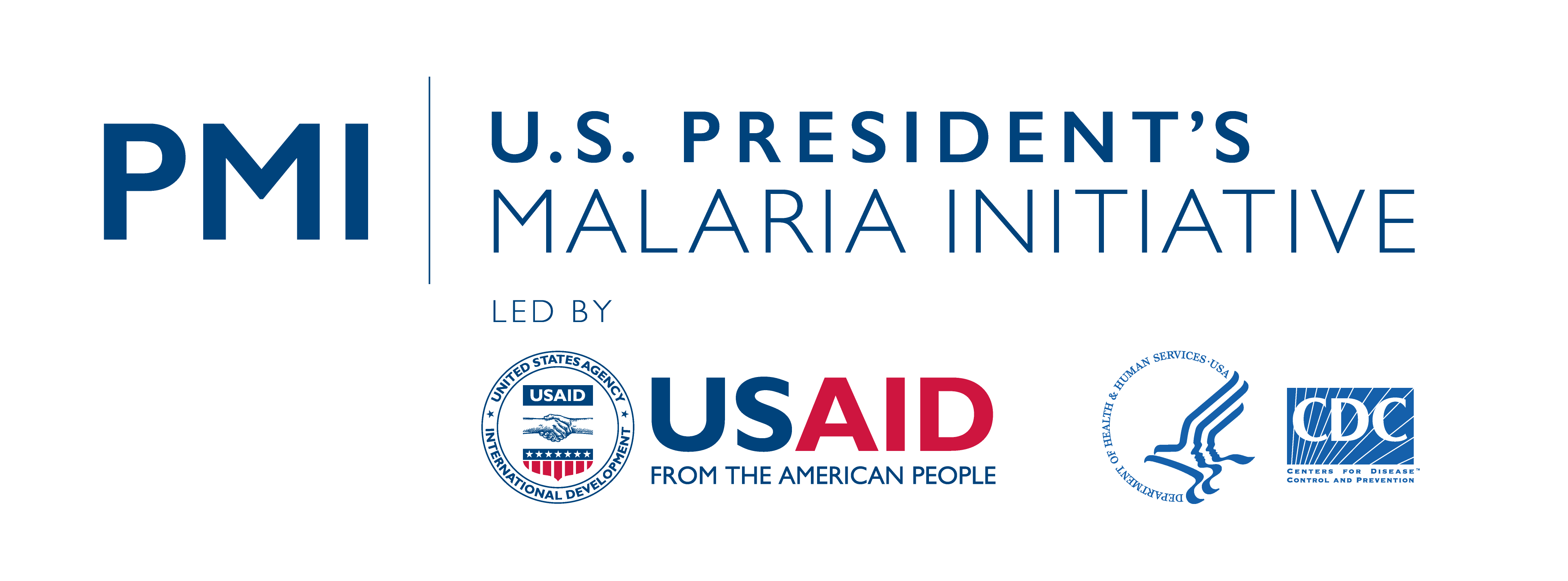How Community and Faith Leaders Can Influence Malaria Behaviors
Progress in reducing malaria illness and deaths depends on effective tools, medicines, and systems. Equally instrumental, malaria programs also need to ensure that individuals, families, and communities seek care and treatment and use malaria prevention methods. Social and behavior change is a process that works to positively change individual and community behaviors. For malaria, social and behavior change may increase the nightly use of insecticide-treated nets, encourage care-seeking at health facilities, ensure pregnant women access antenatal care and preventive malaria treatment, or help people request and accept the results of malaria tests.
Community and faith-based organizations are critical in addressing health issues worldwide, including HIV/AIDS, polio, malaria, and other health issues that impact their beneficiaries. These organizations have important ties to the communities they serve. Their values often reflect their service to the community. These values include:
- The protection and care of those most in need.
- Compassion and service to others.
- Education and training.
- A holistic health perspective.
- Leadership.
- A deep understanding of local communities (FHI360 Collaborations with Faith-Based Organizations ).
These values are an important part of a people-centered approach to malaria social and behavior change. To change their behaviors and prevent and treat malaria, community members must receive support from sources they know and trust and understand their needs and values. Community- and faith-based organizations provide this key connection and trust within communities. They help families better understand malaria and impact their attitudes, perceptions, and social norms. This leads to sustainable, long-lasting change. Social and behavior change is grounded in community engagement and ownership and is shown to reduce malaria and save lives effectively.
Examples of Religious and Community Organizations Fighting Malaria:
Social and behavior change influences people’s behaviors by shifting knowledge, attitudes, beliefs, and social norms in their communities. Social and behavior change inspires and empowers people to make healthy choices for themselves and for communities to adopt social norms to encourage these behaviors, positively impacting the entire community.
There are many ways that community and faith leaders can influence social and behavior change for malaria control and elimination programs, just as they influence social norms and individual behaviors related to other topics. This toolkit will guide you toward developing your own social and behavior change strategy with specific objectives, consistent messages, and evidence-based. Most importantly, this toolkit will help you tailor your messages to your specific target audience. Malaria messages that resonate with the audience through their cultural, interpersonal, and seasonal behaviors and priorities have a better reach and are more likely to influence the desired outcome.
– In Uganda during the COVID-19 crisis, religious leaders stood up to ensure that their congregations embraced malaria interventions: Ugandan Faith Leaders Promote Spraying Activities for Malaria
– In Zambia, community organizations reached out to community members to help amplify malaria efforts in the country: Zambian Villagers Unite Against Malaria
– In Mozambique, religious leaders from different faiths joined hands to fight malaria in the country: Mozambique Leaders Collaborate Across Religions to Fight Malaria
Working with Religious Leaders in Uganda to Fight Malaria:


